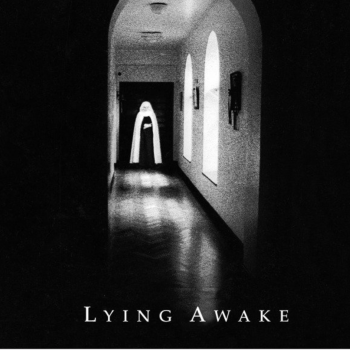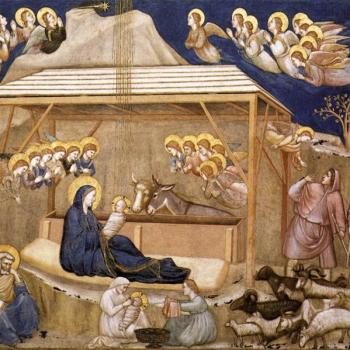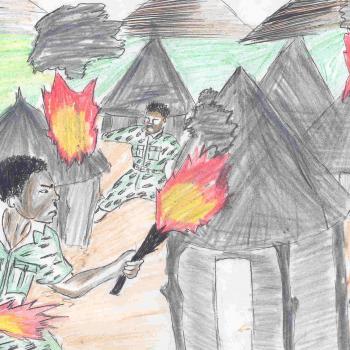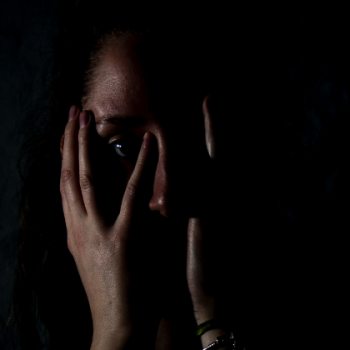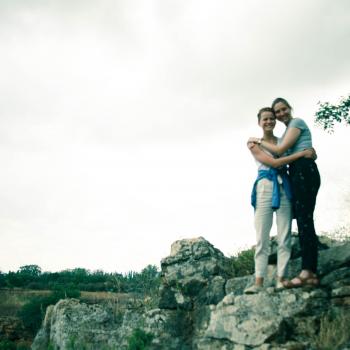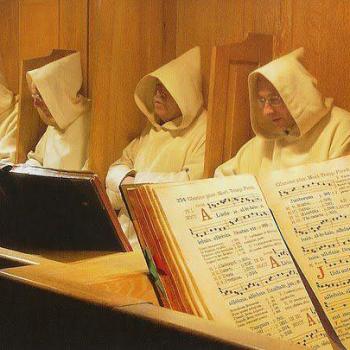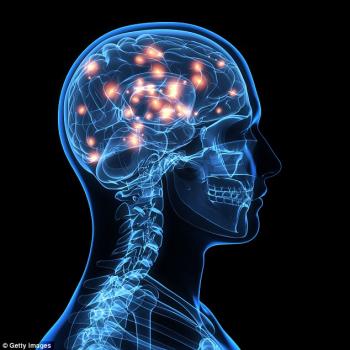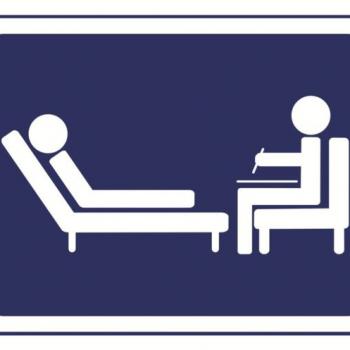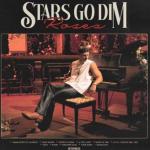What does it mean to feel God’s presence, and how is this related to brain activity? If psychopathology is involved, does this mean it’s not an authentic religious experience? In the age of scientific reductionism, it’s tempting to dismiss mystical experiences as mere abnormal patterns of neural activity. But is mysticism a matter of misfiring neurons, or something more? In the first post of this series, I reviewed a novel that explores similar questions: Ron Hansen’s Mariette in Ecstasy. But... Read more

